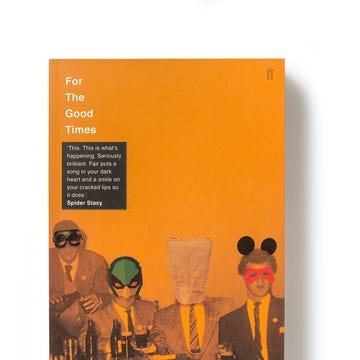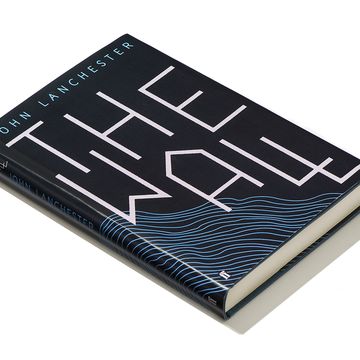Later this year, a movie adaption of Patrick deWitt’s 2011 novel The Sisters Brothers will star Joaquin Phoenix, John C Reilly and Jake Gyllenhaal. A Booker-nominated and darkly comic Western, the film version could turn the hipsterish Canadian (side parting; Louis Theroux specs) into a household name.
In the meantime, his latest book has hit the shelves. In French Exit, Frances Price, a glamorous but caustic New York aristocrat in her sixties, discovers her money has finally run out. She moves to Paris to spend what’s left of her fortune and to follow an undisclosed “plan” with her devoted son Malcolm, who has a bad case of arrested development, and a cat called Small Frank in whom she believes lives the soul of her deceased (and not much missed) husband.
In a 2015 Guardian interview, deWitt claimed to want to write in a way that is not just “beautiful” but gives readers the “compulsion to turn a page”. In other words: unlike other similarly gifted “literary” writers, he doesn’t turn his nose up at plot.
It’s an admirable enough aim that certainly helped The Sisters Brothers entertain, but one that distracts him unhelpfully here. After a rollicking opening aboard a cruise ship, Frances and Malcolm’s fascinating mother-son dynamic is interrupted by a cast of thinly drawn hangers-on including a doctor, a detective and a fortune-telling medium. It all gets a bit Cluedo, while the mystery of what Frances plans to do once she is finally spent up isn’t really interesting enough to carry the novel.
Which is not to deny a highly enjoyable read, as deWitt’s style is nothing if not idiosyncratic, and his elevated language — played for particular comic effect when it comes to dialogue — is perfectly suited to affectionately chiding upper-class mores. And the tenderness between Frances, her son and her old friend Joan is of the real stuff.
French Exit is perfectly fun, if undemanding (precisely the kind of backhanded compliment, incidentally, that Frances excels in doling out), but it’s hard to escape the niggling sense that it could have been so much more.












